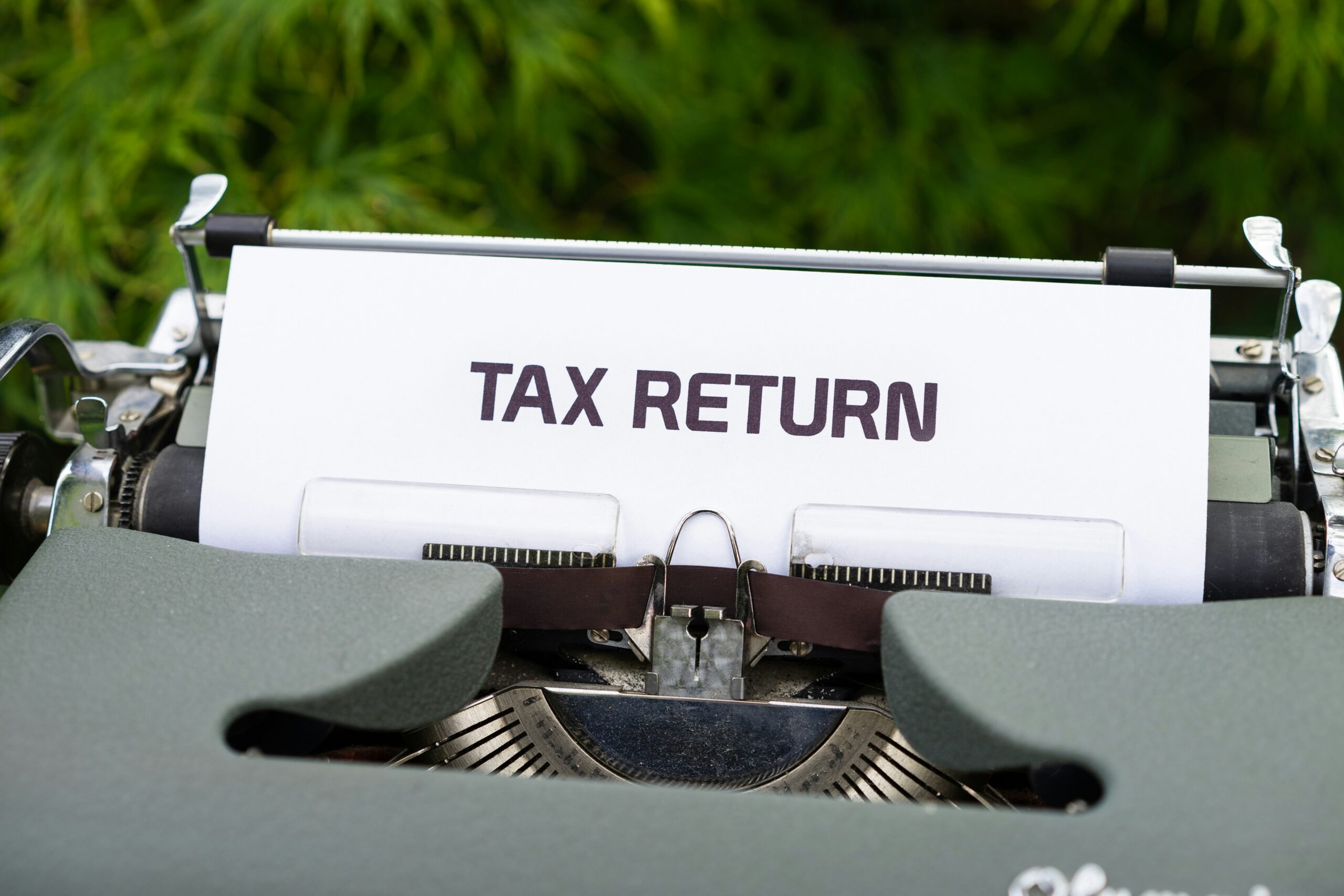Corporate liquidation is an official process by which a company decides to terminate business and sell its assets, pay off debts, and distribute any remaining money to shareholders. The Companies Act governs liquidation which may either be voluntary or through the order of a court (CAP 42:01). Directors and creditors must comprehend the legal and administrative framework of liquidation regardless of whether a firm is bankrupt and unable to pay its obligations or is just no longer required.

Liquidation types
Liquidation comes in two primary forms in Botswana: mandatory and voluntary. Members or creditors of the business start a voluntary liquidation, which is often done when the business is solvent but no longer wants to continue operating. Contrarily, compulsory liquidation is started by a court order, often in response to a creditor’s petition stating that the business is unable to pay its obligations. Although each kind follows a distinct process, they ultimately result in the same thing: the company’s affairs are wound up and it is legally dissolved.
Process of voluntary liquidation
A resolution to wind up the business is approved by the shareholders to initiate voluntary liquidation. A two-thirds majority must approve the resolution, or it may be approved in accordance with the company’s charter. After that, the business must choose a liquidator, who takes over management of the business from the directors. Gathering and selling the company’s assets, paying off creditors in priority order, and allocating any remaining funds to shareholders are the liquidator’s responsibilities. In addition to being published in the Government Gazette and a local newspaper, the decision and notice of the liquidator’s appointment must be submitted to CIPA.
A declaration of solvency may be necessary if the business is viable. This is signed by a majority of directors, confirming the company’s ability to pay off its obligations in full within a year of the liquidation process starting. A creditors’ voluntary liquidation, in which creditors choose their own liquidator and have more control over the winding-up process, may be the next step if no such declaration is made.
Mandatory liquidation procedure
Usually, a creditor files a petition in the High Court of Botswana to start a compulsory liquidation. The company’s inability to pay a debt within the allotted time, often after a formal demand, is one of the grounds for such a petition. The court may issue a winding-up order after hearing the petition and concluding that the business is insolvent or has violated the Companies Act.
The court will choose an official liquidator and the directors’ authority will end when the order is issued. After that, the liquidator will seize the company’s assets, look into its financial situation, collect any unpaid debts, and resolve disputes in accordance with the law’s priorities. Notification is sent to creditors, who have a deadline to provide evidence of their claims in order to be paid.
The liquidator’s responsibilities and authority
The liquidator has extensive authority to oversee the company’s collapse, regardless of whether they were chosen voluntarily or under duress. Initiating or defending legal proceedings on behalf of the firm, selling assets, collecting debts, settling obligations, and reviewing corporate documents are all included in this. In addition to reporting to CIPA and, if required, the court, the liquidator is required to work in the best interests of creditors. The liquidator creates a final report and financial statement at the end of the liquidation, which is distributed to stakeholders and submitted to CIPA.
Payment priority
The money received from the sale of assets is allocated in a rigorous priority order during liquidation. First to be paid are secured creditors, then preferred creditors, which might include overdue taxes and employee pay. After paying unsecured creditors, whatever money left over is divided among shareholders according to their ownership structure. Unsecured creditors could only get a portion of the money or not at all if the assets are not enough to meet the obligations.
Last actions and dissolution
The liquidator creates and submits the final accounts to CIPA once all assets have been sold and debts paid off. The liquidation report may be approved by calling a final assembly of creditors or shareholders. After that, the liquidator submits a request to have the business deregistered. The firm will be removed from the registry and formally liquidated if CIPA is satisfied with the documents and the correct execution of the liquidation. The business no longer functions as a legal entity after this.
You may also find these articles helpful
Guide on company registration in Botswana
Types of legal business structures in Botswana




